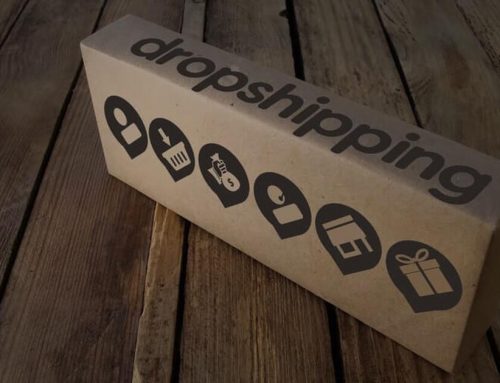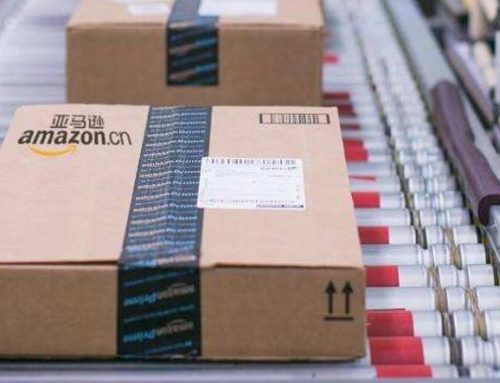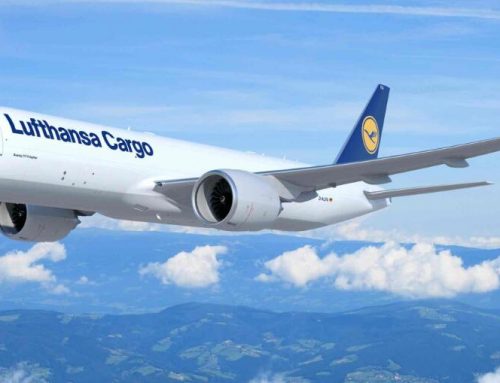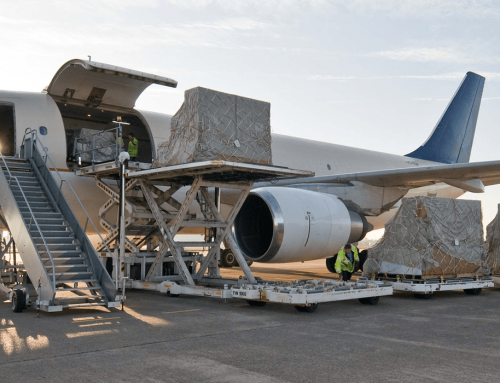What is the best shipping terms in 2023?
FOB and EXW are the two most popular price terms of the Inco terms, they can both be used to ensure you know all of your costs from the start of the shipping process all the way up to receiving your goods. Ex Works terms leave all responsibility and risk in the hands of the buyer, whereas FOB terms split the responsibility down the middle, so which shipping terms should I choose? As a trustful freight forwarder in China, we suggest you should always choose FOB shipping between you and your supplier. But why? Let’s get the details.
What Is EXW In Shipping terms?

Ex Works, also known as Ex Works (named place of delivery), or EXW, can be used in relation to any form of transport. This Incoterm puts the full obligation for things like arranging and paying for shipping, and dealing with customs clearance on the buyer.
EXW is often used when obtaining a quotation for a price of goods, and that is the pure cost of goods without any other costs included.
How EXW works?
Of all Incoterms used, Ex Works places the highest possible obligation on the buyer, and the lowest possible obligation on the seller. It means that the seller simply makes the goods available, at their warehouse for example, and the buyer is then responsible for arranging everything else.
Usually this will mean that the buyer makes separate arrangements to have the products collected and shipped, including completing customs clearance. The seller is then obliged to provide the documents required for export processes.
EXW Risks
Under Ex Works terms, the buyer bears all of the risk involved in the shipment. That means that any additional costs incurred when clearing customs, for example, will fall to the buyer. It’s important to be really clear on the export documentation you will be able to obtain from the seller, and make sure you familiarize yourself with local customs regulations, to avoid issues.
What Is FOB In Shipping terms?

In shipping, the term FOB means ‘Free on Board’. It’s usually the best way to control your shipping costs. Under FOB shipping terms, your supplier is responsible for all costs involved in the process up until the goods are on a vessel at the designated port. Once goods have been loaded onto the vessel the buyer is responsible for any costs and risks involved in the onward shipment.i
Using FOB shipping terms means the costs, risks and responsibilities are split fairly equally between the buyer and the seller of goods. On FOB terms your supplier is responsible for paying all the costs involved with your shipment until the goods are on a vessel at their outbound port. FOB Shenzhen, for example, would mean that your supplier is responsible for goods until they’re loaded on the vessel at Shenzhen. After this point, the responsibility then shifts to you.
Below table show the contrast between two shipping terms that can be used when importing cargo via Air or Sea freight to your country.
| Costs using FOB Terms | Costs using EXW Terms | |
|---|---|---|
| Export customs procedures | Seller | Buyer |
| Transport to export port/airport | Seller | Buyer |
| Unloading of truck in port | Seller | Buyer |
| Loading goods onto vessel/airplane | Seller | Buyer |
| Transportation to Destination Country | Buyer | Buyer |
| Insurance | Buyer | Buyer |
| Unloading at destination port/airport | Buyer | Buyer |
| Loading for local haulage | Buyer | Buyer |
| Transport to final destination | Buyer | Buyer |
| Import customs clearance | Buyer | Buyer |
| Import duties and taxes | Buyer | Buyer |
Why buy FOB shipping term with Supplier?
Buying Free On Board simply has many benefits over EXW. You have better control of the freight and the freight cost. The cost is always important and you will have a better chance of gaining a more competitive freight rate. Using a trustful freight forwarder will help you obtain more accurate information in a timely manner. They can assist you better once a problem arises. The logistic partner you choose always works together with you for your best interest not your suppliers.
How to arrange FOB shipment from China?
If you’re buying goods on FOB terms, it’s pretty common to use a freight forwarder to get the transportation and import processes set up. This can make life easier as you’ll usually only then have one point of contact to get your goods to your destination.
Alternatively you can make arrangements for international transportation yourself, although you’ll have to consider several different stages of the process, including the sea or air freight to your local port, local haulage in your country to get to your store or warehouse, and all the customs clearance processes required. If you need a little extra help to get all your import paperwork arranged, it’s possible to employ a customs broker to help.
FOB can be a cost effective and reasonably simple route to import from China to your country. However, importing is an expensive process, and you’ll want to evaluate all your options, to make sure you get the right deal for your business.
Freight Forwarders can handle both EXW or FOB shipping terms
No matter what your shipment terms are, EXW or FOB, nearly any freight forwarder will be able to easily handle the delivery of your shipment , including the pickup of your shipment from your supplier’s factory if you have EXW shipment terms.
If your shipment is small, less than 200 kgs or less than 1 cbm, EXW is better for such a shipment, Express shipping like FedEx, TNT, DHL or UPS is the best choice. If you have a good freight partner, hopefully us, no matter EXW or FOB when negotiating with your supplier, or what your freight specialty or shipping needs, you will always find a best-in-class shipping solution that fits your budget and specifications with Winsky Freight from China. It will be easy to work with us, why not to ask a free shipping quote now and let us start working together.





Leave A Comment